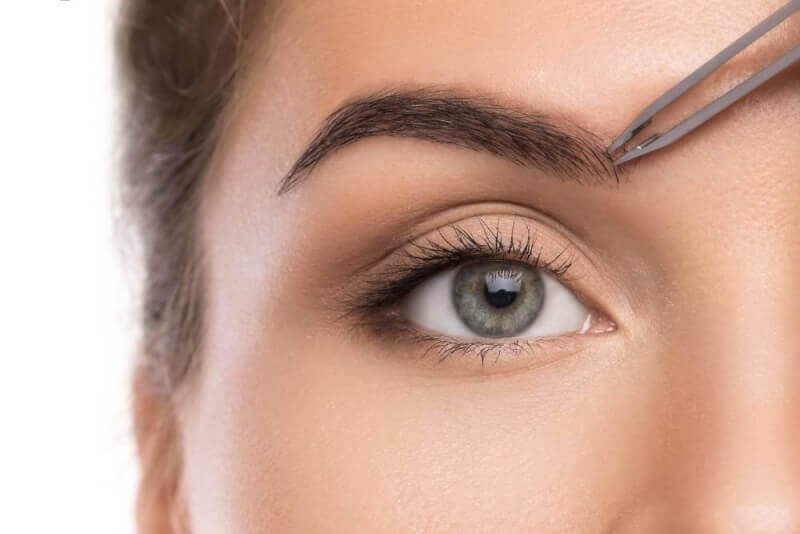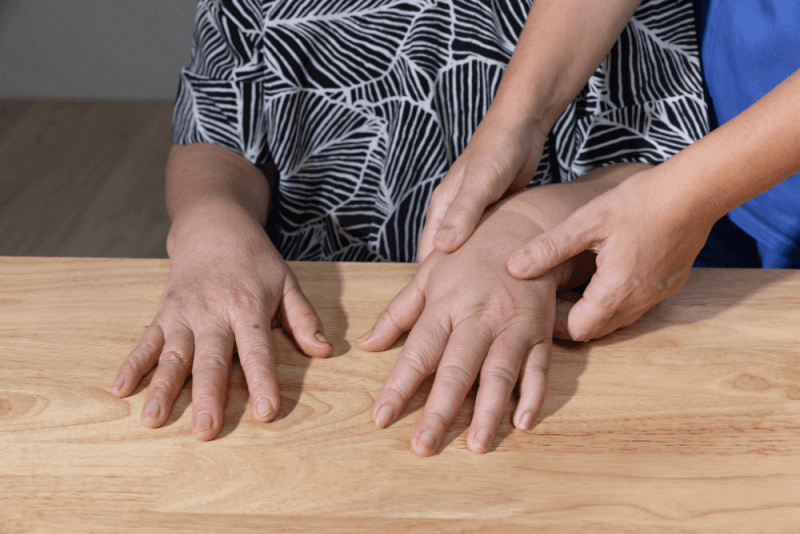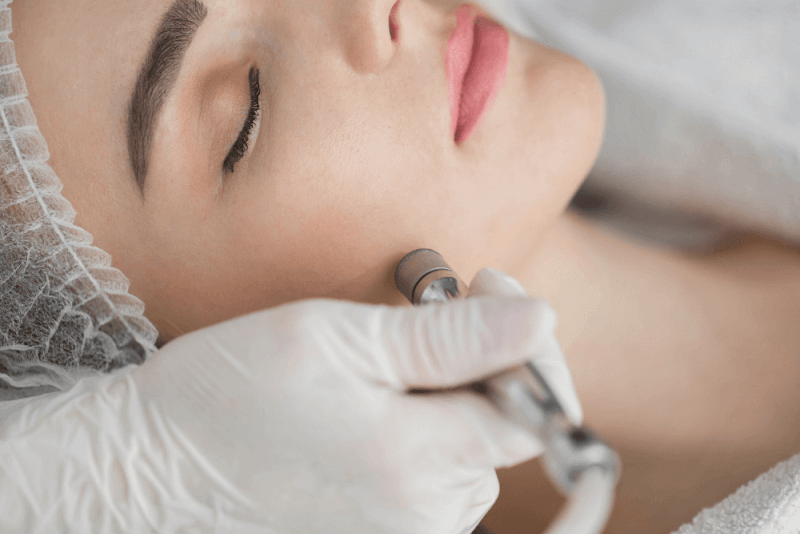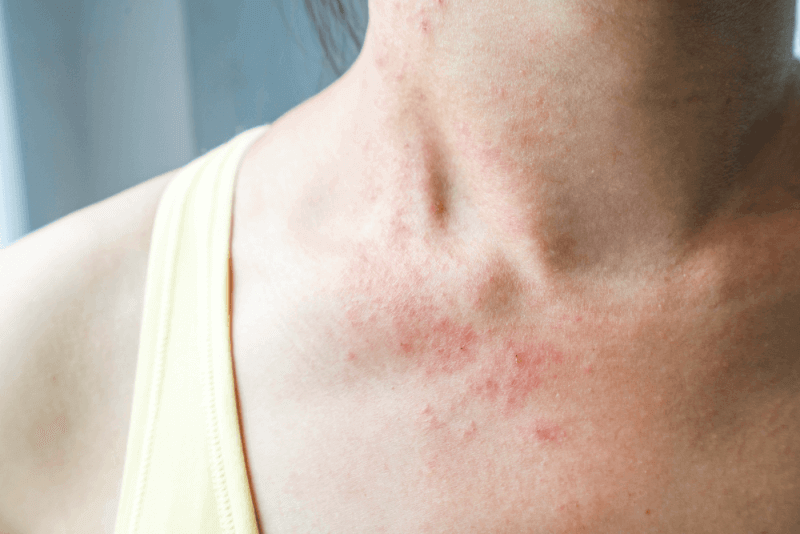Eyebrows help facilitate the physiological functions of the eyes. The loss of eyebrows, which play a critical role, can negatively affect a person’s quality of life. Therefore, the causes of eyebrow loss should be examined, and the underlying reasons should be treated.
What is Eyebrow Loss?
Eyebrows play a role in protecting the eyes from external factors. Due to various health reasons, the tissues of the eyebrows, which prevent microorganisms from coming into contact with the eyes through sweat and gland secretions, may be lost. As a result of this loss in the eyebrow follicles, the thinning and complete loss of the eyebrows can be observed over time.
Eyebrow loss can occur in both eyebrows or just one. Additionally, depending on the cause of the loss, other hairs on the face and scalp may also be affected.
Causes of Eyebrow Loss
The primary cause of eyebrow loss is the disruption of keratin production in the eyebrow follicles, preventing the formation of eyebrows. In addition, environmental factors affecting the eyebrows and trauma that damages the eyebrow tissue can also lead to eyebrow loss.
Aging
As we age, the rate of cell renewal slows down, affecting the eyebrows. Additionally, aging can cause hormonal changes. For these reasons, eyebrow loss is more likely to occur in older age.
Diet
Certain minerals and vitamins are needed for the renewal of hair follicles. For eyebrow formation, nutrients such as zinc, biotin, iron, and vitamin A are particularly important. A deficiency in these minerals and vitamins can lead to eyebrow loss.
Chemicals
Excessive and frequent application of makeup around the eyebrows can damage the hair follicles, leading to eyebrow loss.
Skin Conditions
Skin conditions such as atopic dermatitis or psoriasis can also damage the eyebrow follicles, leading to eyebrow loss.
Stress and Anxiety Disorders
People experiencing intense stress or anxiety disorders may encounter physiological disruptions, including hair follicle damage, which can cause eyebrow loss.
Infections
Infectious diseases affecting the eyebrow roots can also lead to eyebrow loss.
Pregnancy
The significant hormonal changes women experience during pregnancy and childbirth can disrupt the natural eyebrow growth cycle, leading to eyebrow loss.
Thyroid Disorders
In individuals with underactive thyroid glands, eyebrow loss can occur alongside hair loss.
Chemotherapy
Eyebrow loss is one of the side effects of chemotherapy, a treatment for cancer.
Eyebrow Plucking
One of the biggest causes of eyebrow loss is frequent and improper plucking. Repeated plucking to shape the eyebrows can damage the hair follicles, leading to hair loss. For this reason, eyebrows should only be plucked when necessary.
Alopecia Areata
Eyebrows can also be affected by alopecia areata, a condition in which the immune system attacks hair follicles. In some individuals, alopecia areata can occur not only on the scalp but also in areas like the beard, eyebrows, or mustache.
Goiter
Eyebrow loss can occur as a result of goiter, a condition affecting the thyroid glands. After treating the condition, the eyebrows may start to regrow.
Medication
Certain medications can cause eyebrow loss. If you experience eyebrow loss while taking medication, it is important to consult your doctor.
Trauma
Injuries to the eyebrow area can damage hair follicles, often preventing the regrowth of eyebrows in the injured area.
Growths in the Eyebrow Area
Warts or skin tags in the eyebrow area can also lead to eyebrow loss.
Fungal Infections
Fungal infections in the eyebrow area can cause eyebrow loss. Once the infection is treated, eyebrows are likely to regrow.
Lice
Although typically associated with the scalp, lice can also affect the eyebrows. The itching caused by lice can contribute to eyebrow loss.
Hansen's Disease
Hansen's disease, also known as leprosy, is a bacterial disease. If the bacteria infect the tissues around the eyes, eyebrow loss can occur. Fortunately, Hansen's disease is now easily treatable.
Symptoms Accompanying Eyebrow Loss
When eyebrow loss is caused by health problems, other symptoms may accompany it. These symptoms can include:
- Redness on the scalp
- Rashes on the scalp
- Hair loss
- Lifeless hair
- Oily scalp
- Hair breakage
- Skin discoloration
- Darkening of the skin
- Formation of white plaques on the skin
- Pus-filled discharge at the base of the hair
- Hair falling out from the root
- Fatigue
- Tiredness
- Pale skin
- Dry skin
- Flaking of the skin’s top layer
- Itching
Treatment for Eyebrow Loss
The foundation of eyebrow loss treatment is identifying and eliminating the underlying cause. In addition to addressing these factors, direct treatment methods are available to reduce eyebrow loss and promote new growth.
Creams
Corticosteroids, minoxidil, and dermatological creams are used to stimulate eyebrow production and repair damaged hair follicles. Hormonal changes must be taken into account in this treatment, and collaboration with an endocrinologist is necessary.
Diet
A diet rich in various vitamins and minerals essential for eyebrow production is crucial. Nutrients such as vitamin A, Omega-3, iron, vitamin C, and zinc should be included in the diet.
Acupuncture
Acupuncture, commonly used in cases of alopecia, can reduce eyebrow loss.
Alopecia Areata Injections
Corticosteroid injections used in the treatment of alopecia areata can promote the regrowth of eyebrows when injected into the affected area.
Hormone Therapy
Hormone therapies are used to treat eyebrow loss caused by hormonal factors.
Eyebrow Transplant
In severe cases of eyebrow loss, or in cases resistant to medication, hair from the scalp can be transplanted to the area of eyebrow loss as a treatment method.
Natural Treatments
Applying a mixture of castor oil, olive oil, and coconut oil to the eyebrows before bed can help stop eyebrow loss and promote growth. This mixture can also be effective in encouraging the growth of new eyebrows.
Additionally, a remedy made with almond oil and garlic juice is another natural treatment for eyebrow loss. Garlic can be squeezed to extract its juice, which is then mixed with almond oil. Care should be taken to avoid contact with the eyes.
Which Oils Are Good for Eyebrow Loss?
For individuals experiencing eyebrow loss, it is important to first determine the cause and follow a treatment plan prescribed by a dermatologist. In addition to medical treatment, the following oils can be used to support recovery:
- Olive oil
- Coconut oil
- Castor oil
- Almond oil
- Rosemary oil
- Cedarwood oil
- Lavender oil
- Clary sage oil
- Helichrysum oil
- Argan oil









